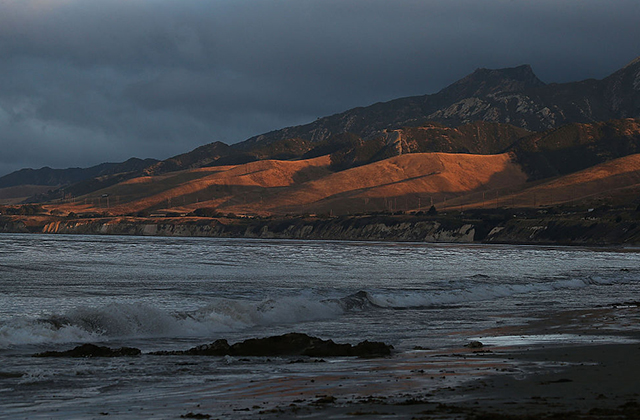California Governor Signs New Legislation Which Brings Greater Environmental Justice to Communities

This weekend on September 24, Gov. Jerry Brown of California signed AB 2616, a bill that would require one of the California Coastal Commission members to reside in and work directly with low-income communities of color that are disproportionately impacted by pollution and other environmental justice issues. The Coastal Commission—made up of 15 people—regulates coastal zone development, including power plants and offshore oil and gas development.
The bill will also authorize the commission to consider “the equitable distribution of environmental benefits in communities throughout the state when acting on a coastal development permit,” according to the text.
Assembly member Autumn Burke (D-Calif.) introduced the bill in February. According to the Los Angeles Times, she recently said, “every Californian deserves access to our coast," adding that her bill can "truly make a difference in communities that have been heavily polluted and repeatedly marginalized."
This year, the state has taken charge of protecting these communities. Other environmental justice bills that the governor signed into law include AB 2722, AB 1550, SB 32 and AB 197.
AB 2722 will “increase investments in environmental justice communities with $140 million in funding from the Greenhouse Gas Reduction Fund,” according to a statement from the California Environmental Justice Alliance (CEJA), a sponsor for the bill. And AB 1550 requires that at least 25 percent of the funds in the Greenhouse Gas Reduction Fund, which receives revenue from the state's cap-and-trade program, go to “projects located within, and benefitting individuals living in disadvantaged communities and a separate and additional unspecified percentage to projects that benefit low-income households with a fair share of those moneys targeting households with incomes at or below 200 percent of the federal poverty level,” continued the statement.
“The passage of this year’s historic climate legislation package means that by 2030, California communities will be less polluted and more resilient,” said Laura Muraida, research director at Strategic Concepts in Organizing and Policy Education, in the statement. “AB 1550 and AB 2722 are critical to ensuring that disadvantaged communities—largely low-income communities of color—are at the center of this transformation.”
The other two bills, SB 32 and AB 197, create greenhouse gas reduction targets. Both prioritize highly polluted communities becaus greenhouse gas emissions in these areas are often compounded with harmful toxins.
From CEJA's co-director Amy Vanderwarker, in a statement sent to Colorlines:
The passage of SB 32 and AB 197 demonstrate a growing recognition that people of color are on the frontlines of climate change and we urgently need to address the disproportionate burden of pollution in our most vulnerable communities. These two bills help ensure that California climate policy protects and benefits environmental justice communities and puts the state on a path to ambitiously reduce emissions over the next decade.
